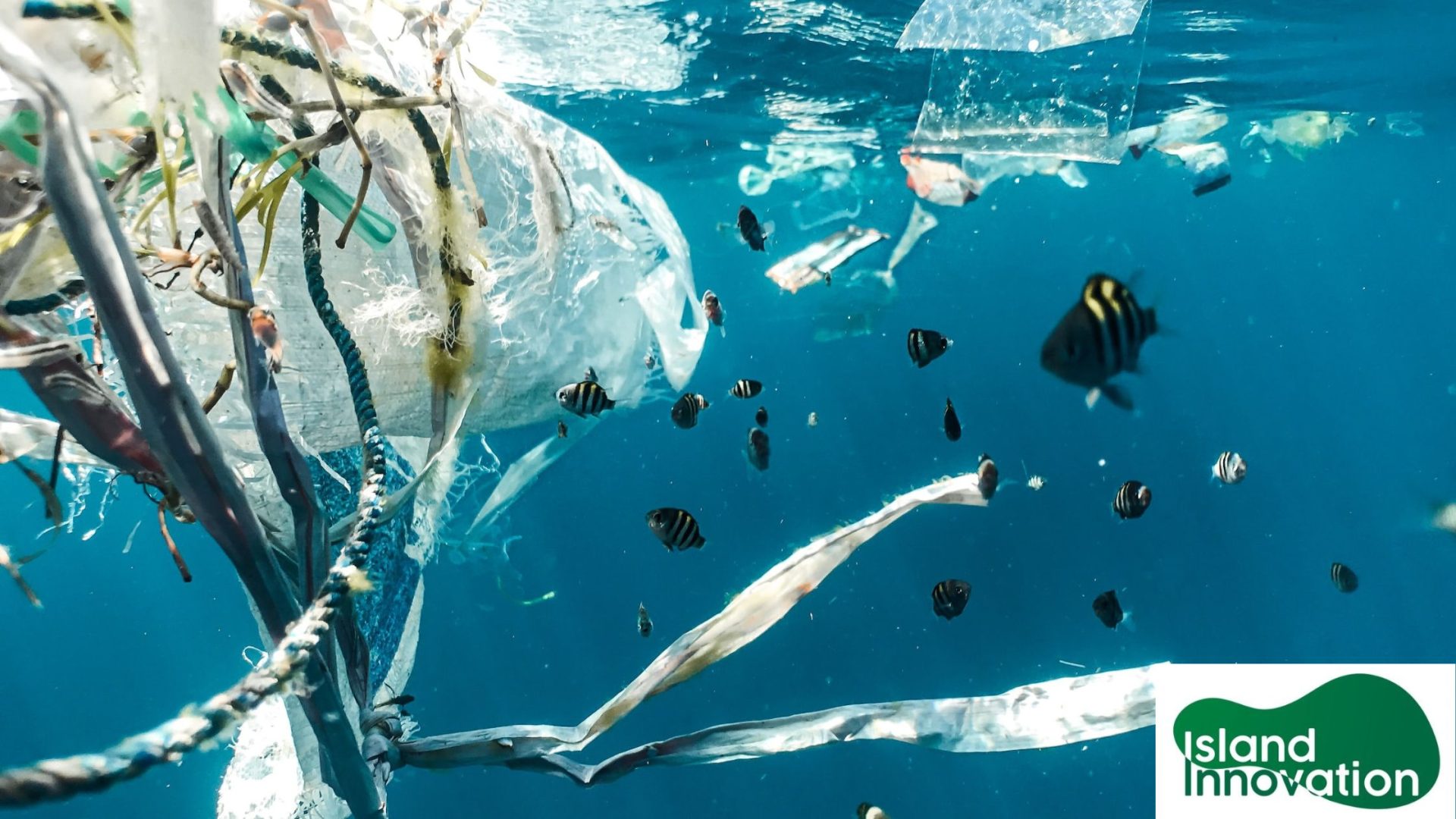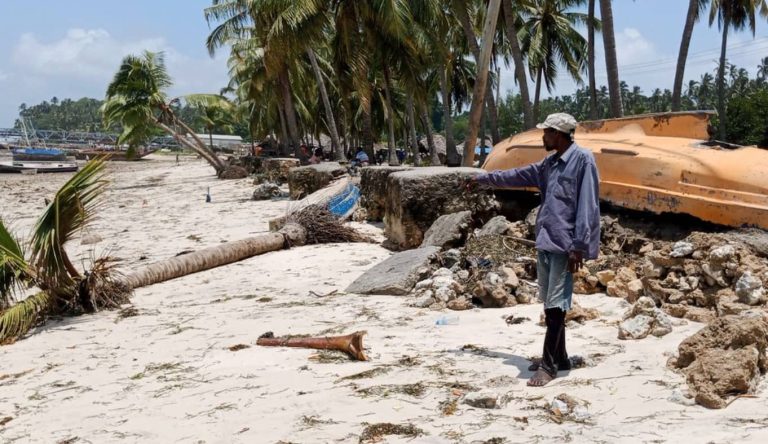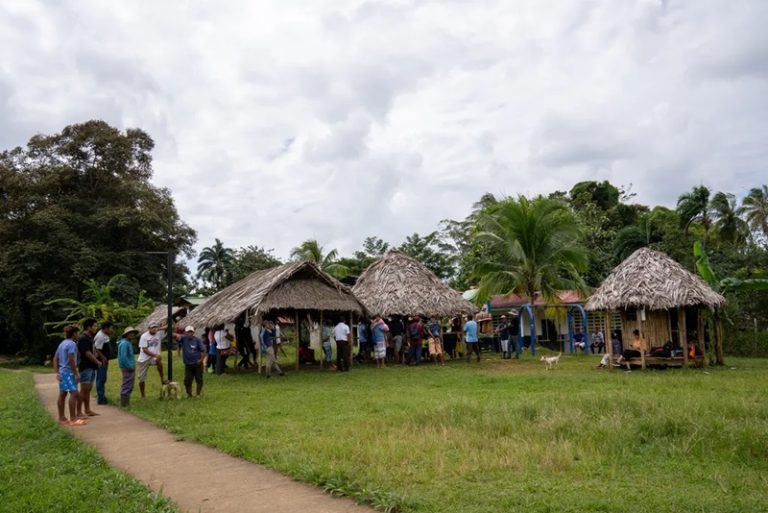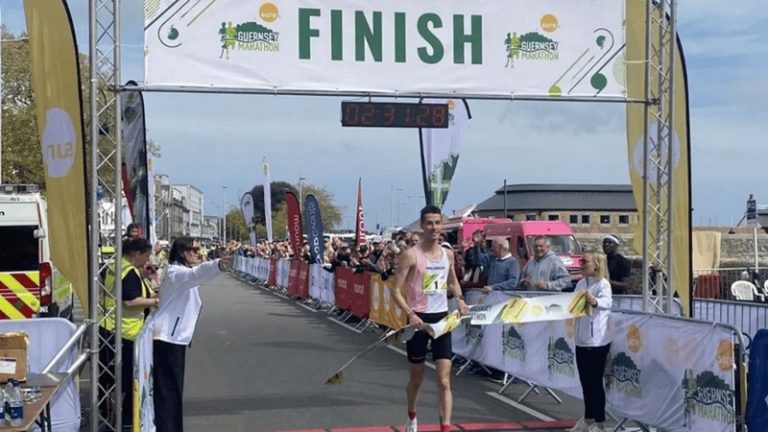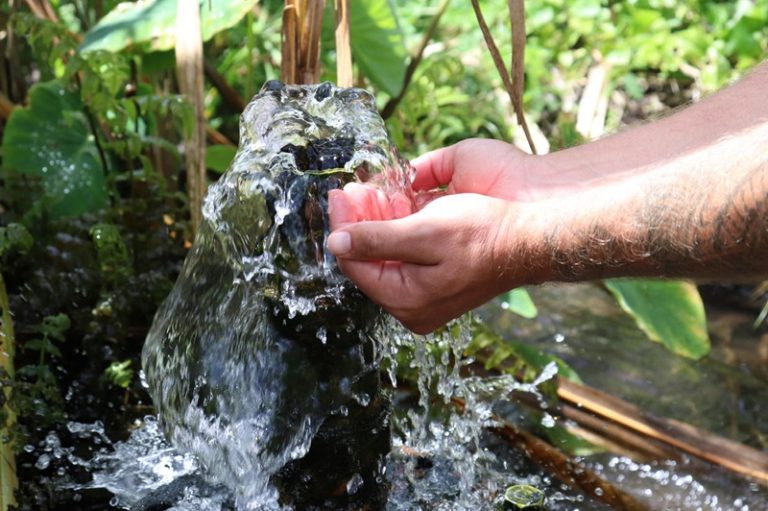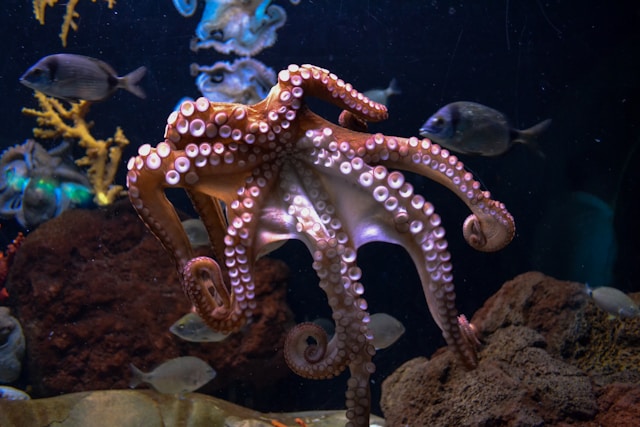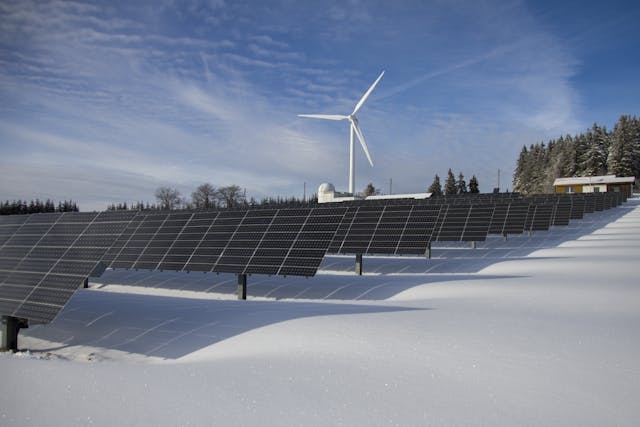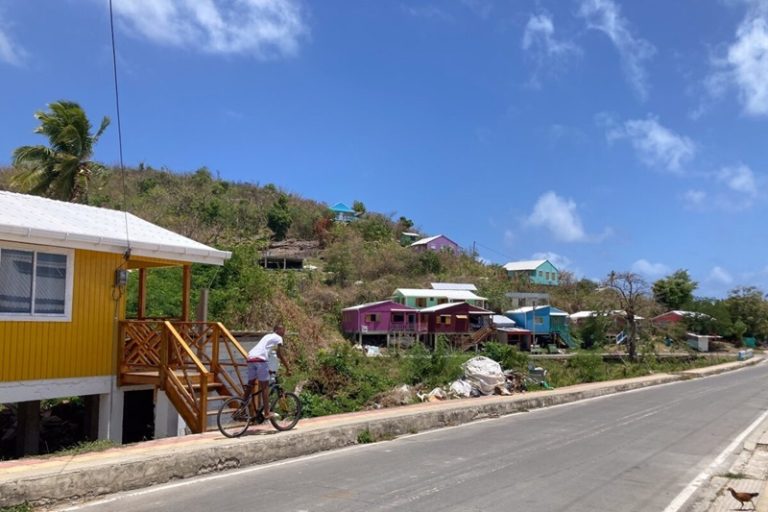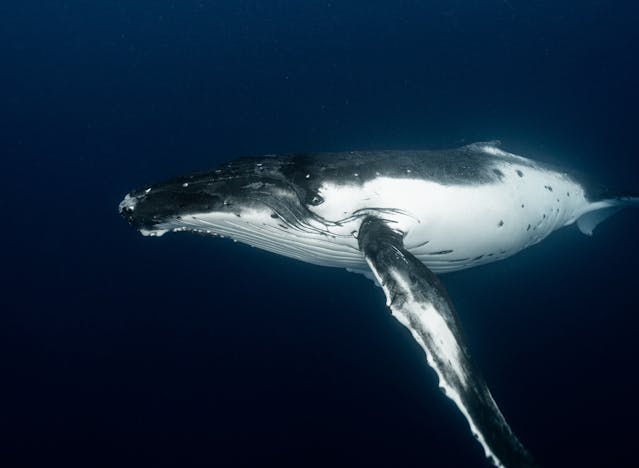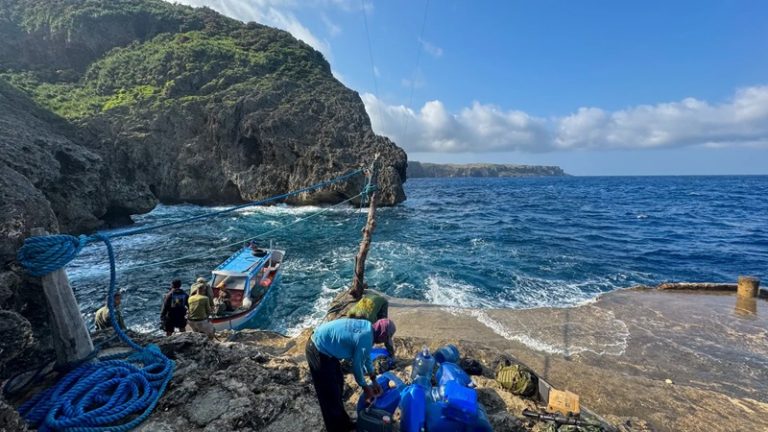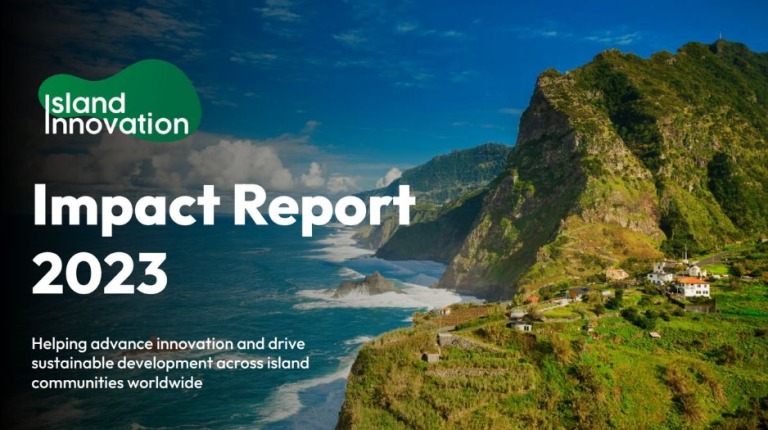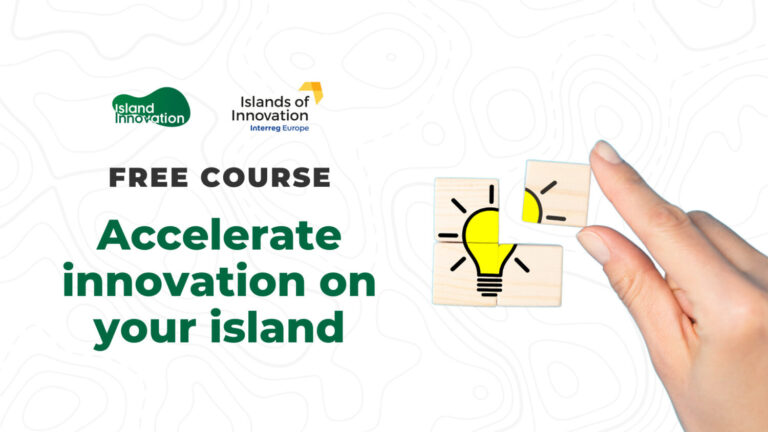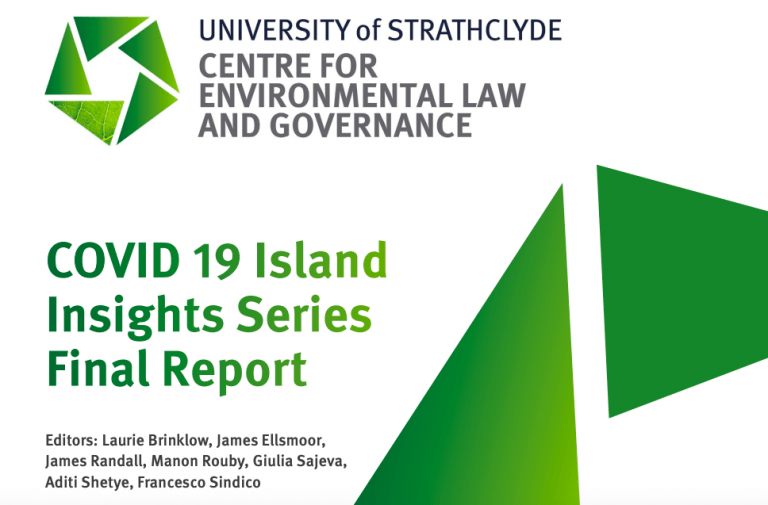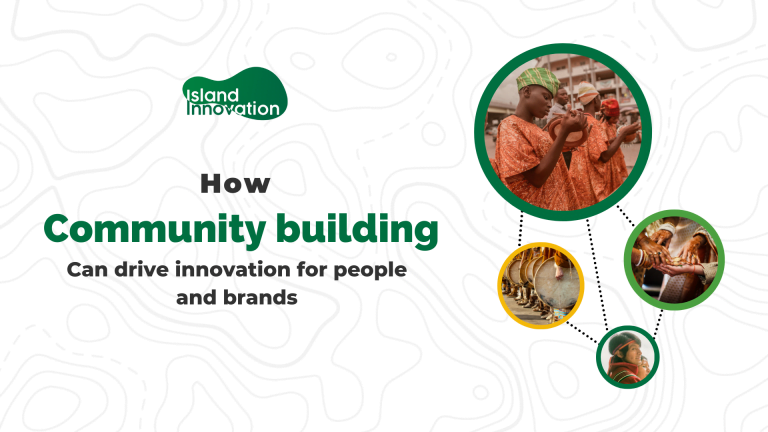Excerpt from iucn.org
With support from the Norwegian Agency for Development Cooperation (Norad), the Plastic Waste Free Islands project focused on six islands in the Pacific and the Caribbean regions: Fiji, Samoa, Vanuatu, Antigua and Barbuda, Grenada, and Saint Lucia. Three new economic briefs for the Caribbean demonstrate the impacts that plastic pollution has on the marine environment, livelihoods, and economic and social aspects of island life.
Plastics impact fisheries through dumped catch, fouling incidents, net repairs and time lost cleaning nets; while ghost fishing can generate additional revenue losses. Tourism can be impacted when tourists are no longer willing to visit, due to plastic litter on beaches. In order to avoid this impact, beach clean-up costs need to be incurred. These, and other factors, are costs associated with marine plastic pollution.
These three studies provide in-depth analysis of the economic impacts of plastic pollution on tourism and fisheries in Antigua and Barbuda, Grenada, and Saint Lucia, and estimate direct costs for the economy of each island. There is also a summary document highlighting the economic impacts of plastic pollution in the Caribbean Sea.

